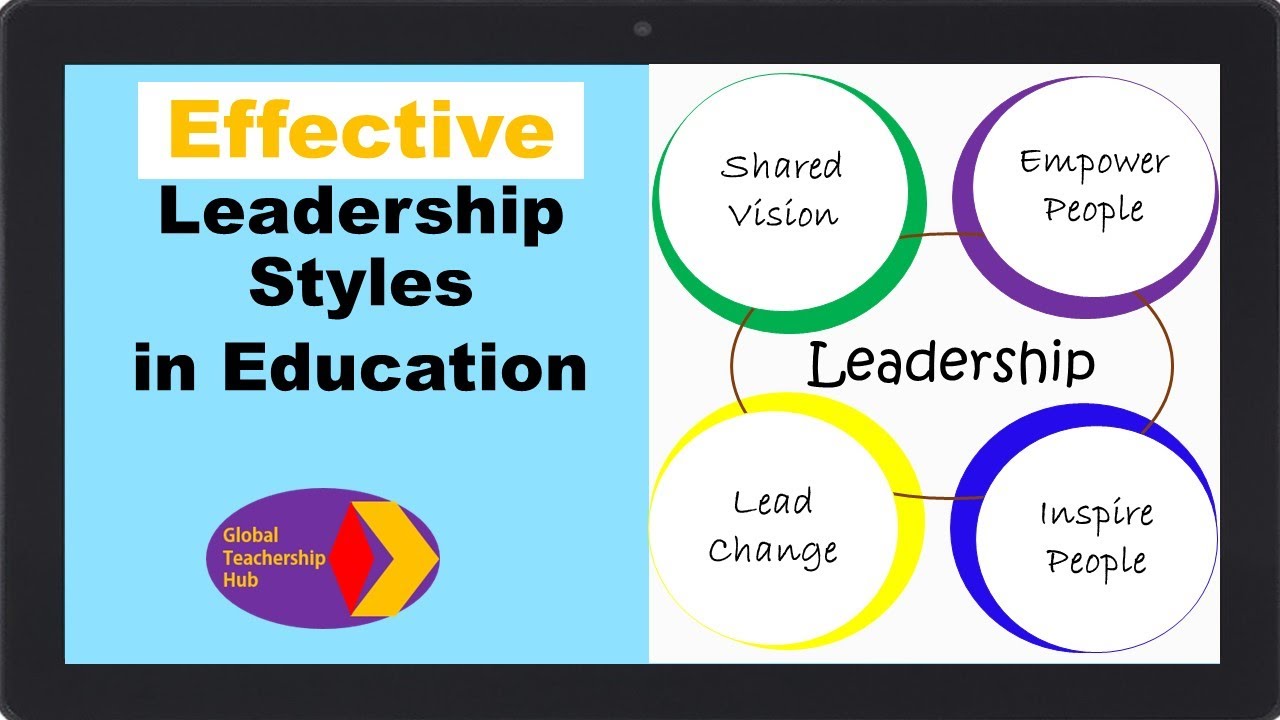Educational leadership is the process of influencing others to achieve a common goal. It is the art of creating a learning environment where all students can succeed. Educational leaders are responsible for setting the vision for their school or district, developing and implementing a plan to achieve that vision, and creating a culture of continuous improvement. They must also be able to build relationships with students, teachers, parents, and community members in order to create a supportive and collaborative environment.
There are many different skills and qualities that are essential for educational leadership. Some of the most important include:
- Vision: Educational leaders must be able to articulate a clear vision for their school or district. This vision should be inspiring and aspirational, and it should provide a sense of direction for everyone involved in the school community.
- Strategic planning: Educational leaders must be able to develop and implement a strategic plan to achieve their vision. This plan should be data-driven and it should be aligned with the needs of the school community.
- Communication: Educational leaders must be able to communicate effectively with a variety of stakeholders, including students, teachers, parents, and community members. They must be able to clearly articulate their vision and goals, and they must be able to listen to and respond to feedback.
- Collaboration: Educational leaders must be able to build relationships and collaborate with others. They must be able to work with teachers, parents, and community members to create a shared vision for the school and to achieve common goals.
- Problem-solving: Educational leaders must be able to identify and solve problems. They must be able to think critically and creatively, and they must be able to make sound decisions under pressure.
- Change leadership: Educational leaders must be able to lead change. They must be able to create a culture of continuous improvement, and they must be able to help others embrace change.
In addition to these skills and qualities, educational leaders must also have a strong commitment to equity and social justice. They must believe that all students can learn, and they must be willing to work to ensure that all students have access to a high-quality education.
Educational leadership is a complex and challenging role, but it is also incredibly rewarding. Educational leaders have the opportunity to make a real difference in the lives of students, teachers, and families. They can help to create schools that are safe, supportive, and academically rigorous. They can help to ensure that all students have the opportunity to reach their full potential.
Here are some examples of how educational leaders can make a difference:
- They can set high expectations for students and teachers.
- They can create a culture of collaboration and innovation.
- They can provide teachers with the resources and support they need to be successful.
- They can advocate for students and families.
- They can build relationships with the community.
- They can promote equity and social justice.
Educational leaders are essential to the success of our schools. They are the ones who create the conditions for learning and who help to ensure that all students have the opportunity to succeed.






